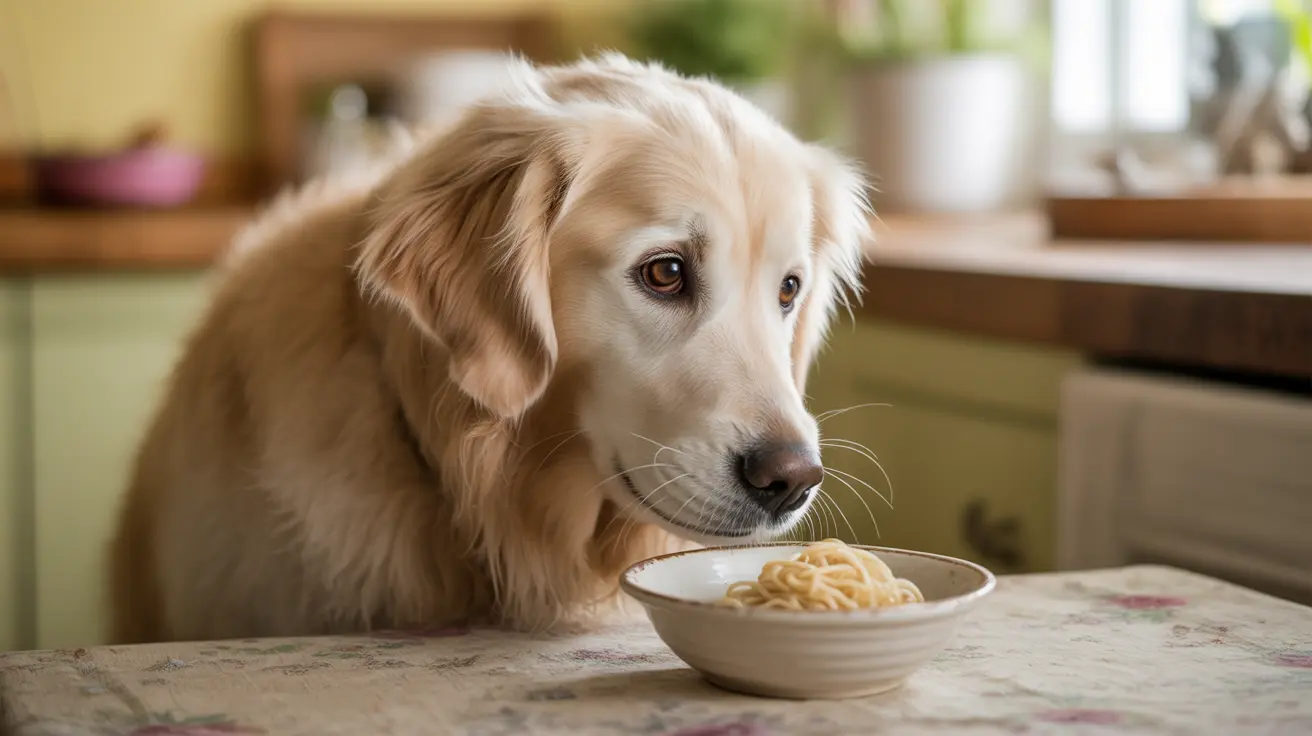Many pet owners wonder about sharing human foods with their furry friends, and pasta is no exception. While dogs can have noodles in moderation, there are important guidelines and considerations to keep in mind to ensure your pet's safety and health.
In this comprehensive guide, we'll explore everything you need to know about feeding noodles to dogs, including safety considerations, nutritional impact, and best practices for serving pasta to your canine companion.
Safety Guidelines for Feeding Dogs Pasta
Plain, cooked pasta is generally safe for dogs when served occasionally and in moderation. However, there are several important safety rules to follow:
- Always serve pasta plain, without sauces or seasonings
- Ensure the pasta is fully cooked and cooled
- Cut noodles into small, manageable pieces
- Avoid pasta with harmful ingredients like garlic or onions
Nutritional Considerations When Feeding Dogs Pasta
While dogs can safely consume plain pasta, it's important to understand its nutritional impact:
- High in carbohydrates but low in essential nutrients
- Contains approximately 131 calories per 100g serving
- Provides quick energy but little nutritional value
- Should not replace regular, balanced dog food
Health Risks and Concerns
Regular pasta consumption can lead to several health issues in dogs:
- Weight gain and obesity
- Blood sugar spikes
- Digestive upset in sensitive dogs
- Potential allergic reactions in some pets
Best Practices for Serving Pasta to Dogs
If you choose to give your dog pasta, follow these guidelines:
- Limit portions to a few noodles at a time
- Serve only as an occasional treat
- Choose whole grain options when possible
- Monitor your dog for any adverse reactions
- Always consult with your veterinarian first
When to Avoid Giving Dogs Pasta
Some dogs should not eat pasta at all, including:
- Dogs with wheat or grain allergies
- Diabetic dogs
- Overweight or obese dogs
- Dogs on specialized veterinary diets
- Pets with specific health conditions
Frequently Asked Questions
Can dogs eat plain pasta without any health risks?
Yes, dogs can eat plain pasta safely in moderation, provided they don't have any underlying health conditions or allergies. However, it should only be given as an occasional treat and not as a regular part of their diet.
How often can I safely give my dog noodles as a treat?
Noodles should be limited to an occasional treat, no more than once or twice a week in small amounts. The majority of your dog's diet should consist of nutritionally complete dog food.
What are the nutritional benefits and drawbacks of pasta for dogs?
Pasta provides quick energy through carbohydrates but offers limited nutritional benefits. The main drawbacks include high caloric content, lack of essential nutrients, and potential contribution to weight gain.
Can dogs with allergies or sensitivities eat pasta, and what precautions should I take?
Dogs with wheat or grain allergies should avoid pasta completely. For other dogs, introduce pasta slowly and watch for signs of sensitivity such as itching, digestive issues, or changes in behavior.
Is it safe to replace regular dog food with pasta or noodles occasionally?
No, pasta should never replace regular dog food as it lacks the essential nutrients dogs need for proper health. Always maintain a balanced diet based on quality dog food.
Conclusion
While dogs can have noodles as an occasional treat, it's crucial to follow proper guidelines and maintain moderation. Focus on providing your pet with a balanced, nutritious diet, and consult with your veterinarian before making any significant changes to their feeding routine.






